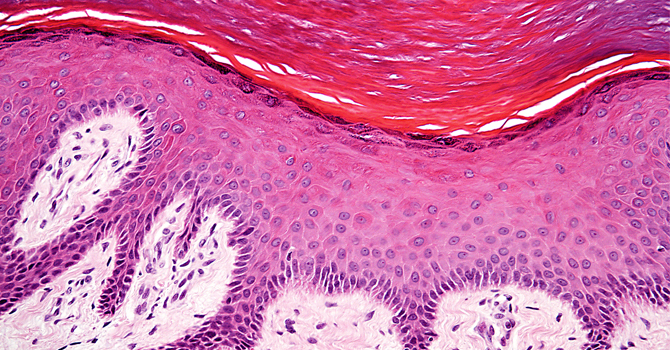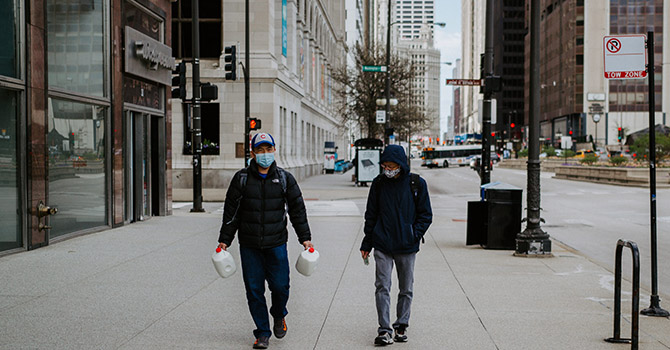
Do Africans Want Genetically Modified Mosquitoes?
Utibe Effiong, MPH ’14
Genetically modifying mosquitoes to control infectious disease is not a new idea. But all consequences—the good and the bad—of such an intervention must be adequately vetted. And importantly, argues physician and alum Utibe Effiong, local communities should have a say in the process.





